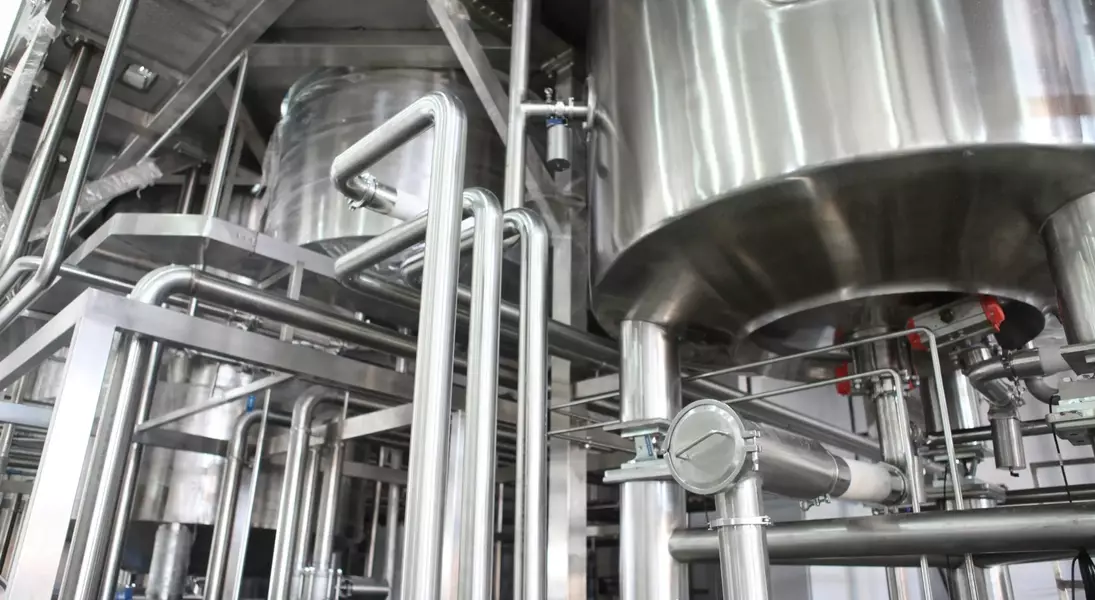
Recent developments indicate the UK government’s commitment to advancing food technology through a £1.4 million investment in an innovation hub designed to enhance the capabilities of the Food Standards Agency (FSA). This initiative focuses on precision fermentation, a transformative method using microorganisms to produce ingredients traditionally sourced from animals. The global market for this technology is projected to grow significantly, reaching $34.2 billion by 2031. Studies show that precision-fermented dairy proteins reduce emissions and resource consumption compared to traditional methods. Although these products are not yet available to British consumers, interest is growing as the FSA evaluates several applications.
The funding also supports regulatory improvements and university research centers focused on modern food technologies. Non-profit organizations like the Good Food Institute applaud this move, emphasizing its potential to position the UK as a leader in food innovation while maintaining safety standards. Additionally, separate initiatives, such as the FSA’s regulatory sandbox for cultivated meat, aim to deepen understanding in alternative protein production.
Precision Fermentation: Revolutionizing Sustainable Food Production
As part of the UK government's strategy, precision fermentation emerges as a pivotal tool for creating sustainable alternatives to animal-based foods. This process employs microorganisms like yeast to replicate familiar flavors and textures found in traditional animal-derived products. Despite being used for decades in specific applications like cheesemaking, its role in producing plant-based proteins represents a relatively new frontier with vast potential. Global market projections suggest exponential growth over the next decade, driven by increasing consumer demand for eco-friendly options.
Scientific assessments reveal the environmental benefits of precision fermentation. For instance, a study conducted on French company Verley's milk protein demonstrated significant reductions in greenhouse gas emissions, water usage, and land requirements when compared to conventional cow's milk production. While British consumers have yet to access these innovations, there is mounting enthusiasm domestically. Regulatory bodies like the FSA are actively assessing multiple applications to ensure compliance with safety protocols, paving the way for their eventual introduction into the market.
Enhancing Regulatory Frameworks and Research Infrastructure
Beyond supporting emerging technologies, the UK government's latest investment aims to fortify regulatory structures and expand academic research networks. Establishments such as the Microbial Food Hub, Cellular Agriculture Manufacturing Hub, and National Alternative Protein Innovation Centre will play crucial roles in advancing knowledge about precision fermentation and related techniques. These centers serve as collaborative platforms where scientists and entrepreneurs can work together to develop innovative solutions aligned with stringent safety regulations.
The establishment of the Regulatory Innovation Office underlines the importance of adapting existing frameworks to accommodate cutting-edge advancements in food science. By enhancing the FSA's capacity to conduct thorough risk evaluations, the government ensures that novel products meet high-quality standards before entering commercial markets. Furthermore, partnerships with organizations like the Good Food Institute highlight the shared vision of fostering sustainable practices within the food industry. Separately, ongoing efforts concerning cultivated meat further demonstrate the nation's dedication to exploring diverse pathways toward a more environmentally responsible future in food production.
